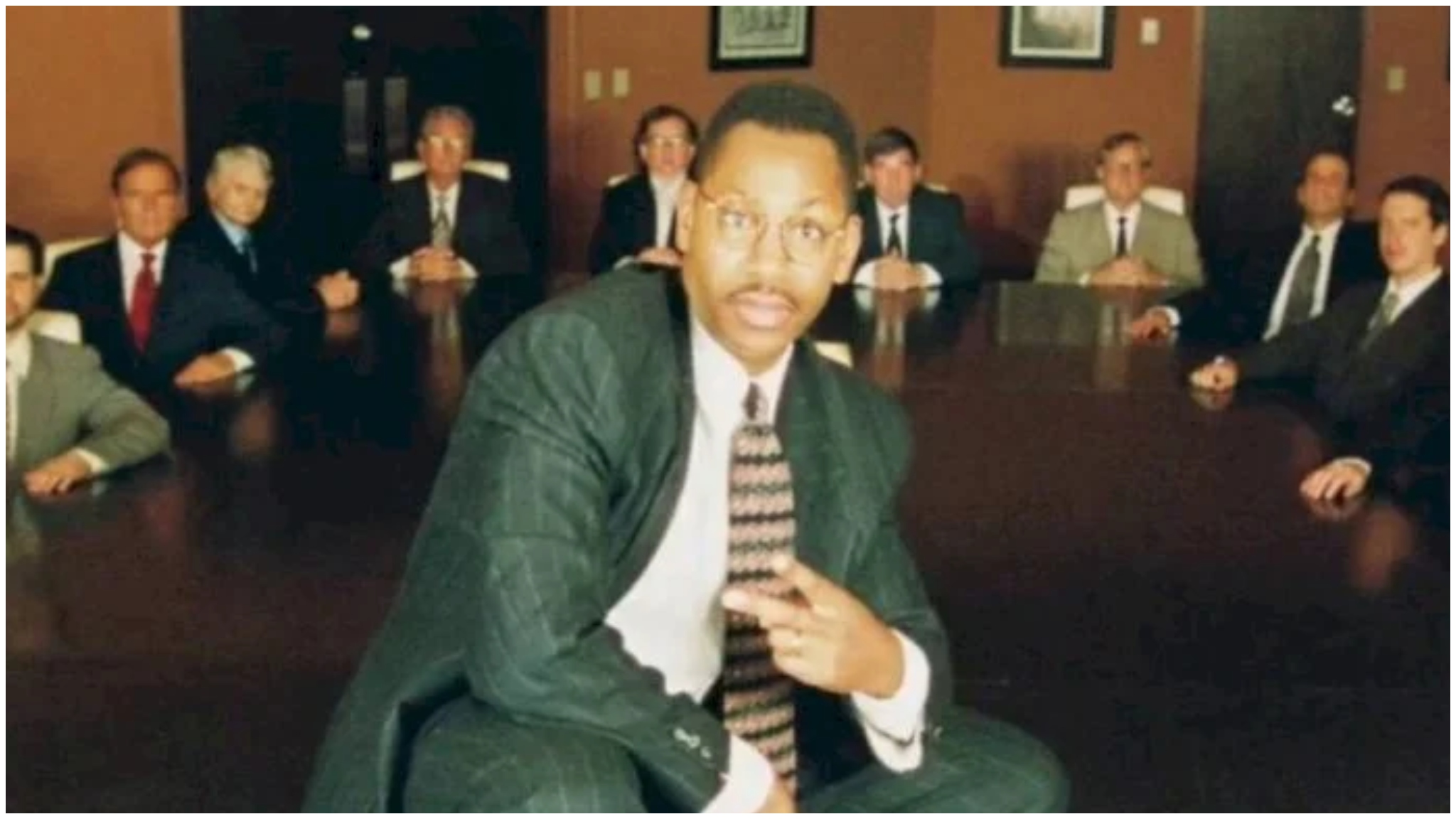The fictional character of Thomas Washington Disney, depicted as the first Black CEO of Disney on the popular TV show Atlanta, has sparked significant conversations about diversity in Hollywood. Though not a real person, his story highlights the systemic issues that prevent minorities from holding top leadership positions in large entertainment companies. This portrayal has captured the attention of viewers and industry professionals alike, sparking discussions on how much more needs to be done to achieve true diversity and inclusion in the entertainment industry.
The Impact of a Fictional Story on Hollywood’s Diversity
The storyline of Thomas Washington Disney unfolds in an episode of Atlanta, where a mix-up leads to Thomas, a Black animator, being appointed as CEO of Disney instead of Tom Washington, the intended white executive. Although purely fictional, this scenario is thought-provoking. It shines a light on the real-life challenges faced by Black professionals in reaching such high levels of leadership within major companies. The idea of a Black individual leading Disney has prompted discussions on systemic barriers and the importance of diverse representation at the top.
In a 2025 report by McKinsey & Company, it was revealed that only 4% of leadership roles in Fortune 500 companies are held by Black professionals, emphasizing the importance of such conversations. Washington’s fictional rise to power reflects what could happen if these barriers were removed.
A Vision for Cultural Representation
Once appointed as CEO, Thomas Washington’s vision was to create “the blackest movie of all time,” aimed at authentically representing African-American culture. While this project remains a part of the fictional storyline, it echoes the aspirations of real Black creators who want to bring genuine representation to mainstream media.
Disney has made strides in this area with films like Soul and Black Panther: Wakanda Forever, but much more remains to be done. A 2024 UCLA study found that while diverse leads and creative teams tend to outperform at the box office, minorities are still underrepresented behind the scenes. Washington’s fictional leadership reinforces the message that the entertainment industry still has work to do to fully embrace diversity and inclusivity.
Trailblazers Who Inspired the Fictional CEO
Though Thomas Washington is a creation of fiction, his story draws inspiration from real-life trailblazers like Floyd Norman, Disney’s first African-American animator. Norman’s groundbreaking work on films such as Sleeping Beauty and The Jungle Book helped pave the way for future Black animators in the industry.
Figures like Ava DuVernay and Ryan Coogler have also made major contributions. DuVernay’s work on Selma and When They See Us and Coogler’s Black Panther have demonstrated the power of authentic representation in reshaping cultural narratives. These creators, like Thomas Washington, show how Black leaders in Hollywood can have a lasting impact.
A Social Commentary on Systemic Barriers
The episode of Atlanta that introduces Thomas Washington takes the form of a mockumentary, blending humor with biting social commentary. The satirical tone resonates with audiences, addressing the systemic barriers that minorities face in Hollywood. The character of Washington prompts viewers to consider what true diversity in leadership could look like, both in front of and behind the camera.
Social media reactions to the episode were swift and significant. One Twitter user commented, “Thomas Washington may be fictional, but his story is all too real for Black creatives trying to break into Hollywood.” This reaction highlights the broader conversation about the challenges faced by minority creators in Hollywood.
Real-World Industry Reflections
Hollywood has long been criticized for its lack of representation. According to the 2024 Annenberg Inclusion Initiative, only 7% of directors of top-grossing films were Black. The lack of Black representation is not limited to creative roles but extends to key decision-making positions in the entertainment industry.
Washington’s fictional story mirrors the ongoing efforts of Black filmmakers who are striving to tell their stories on their terms. Initiatives like Disney’s 2025 Diversity, Equity, and Inclusion program aim to address these disparities, but true change requires ongoing commitment and accountability.
Fictional Stories That Inspire Real-World Change
The fictional narrative of Thomas Washington serves as a powerful critique of Hollywood’s lack of diversity. Shows like Atlanta use humor and satire to highlight serious issues, driving conversations about inclusion and representation. Movies like Get Out and The Woman King have also challenged Hollywood’s norms, showing how diverse voices can reshape the industry.
More creators are using their platforms to advocate for inclusivity, not just in the stories they tell but also in who is telling them. Washington’s story, though fictional, is a reminder that storytelling can inspire real-world change.
The Legacy of Thomas Washington Disney
Despite being a fictional character, Thomas Washington Disney’s story leaves a lasting impression. It pushes both creators and companies to imagine a future where leadership reflects the diversity of the world it seeks to entertain. Disney, along with other studios, has made progress in diversifying its content, but Washington’s fictional journey underscores the importance of ongoing progress.
The legacy of Washington, though born from fiction, challenges the industry to continue pushing for diversity at all levels, from executives to creatives.
The Power of Representation in Media
Thomas Washington’s rise to CEO is more than just a storyline—it is a commentary on the significance of representation in media. Diverse voices are essential not only for telling more authentic stories but also for shaping the future of the industry. When given a platform, these voices can challenge stereotypes and broaden the perspectives seen on screen.
Real-world efforts to promote diversity include Netflix’s Representation Matters fund and Warner Bros.’s initiatives to improve hiring practices. These efforts show the growing recognition of how essential diversity is for the future of entertainment.





